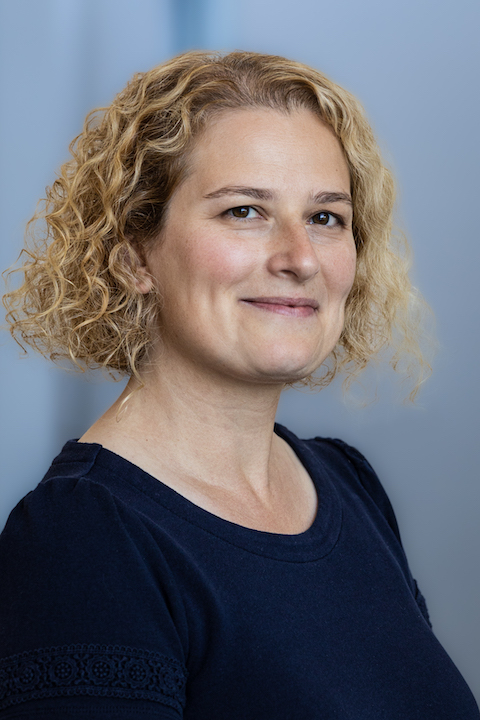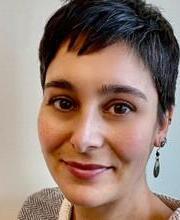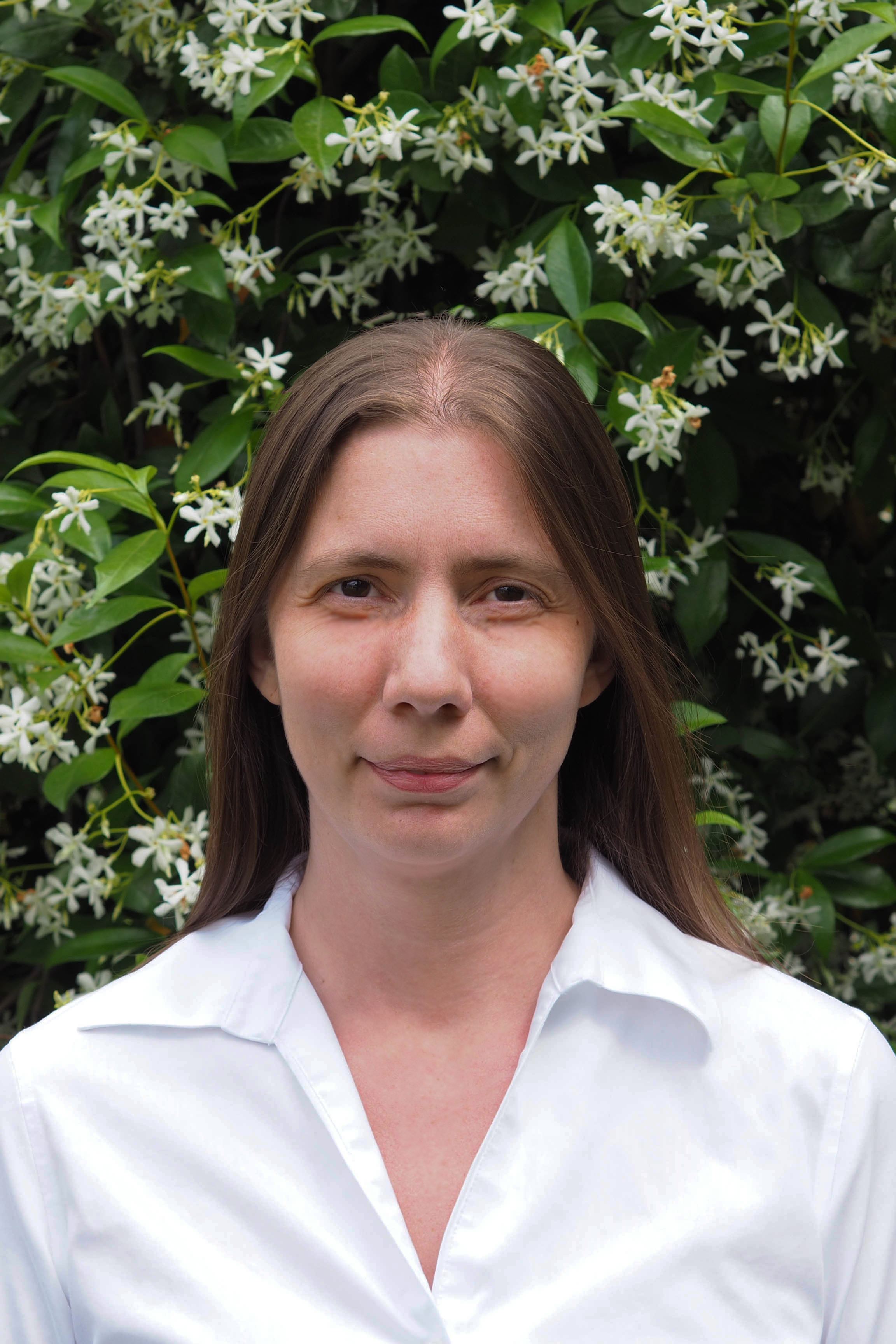 Mayra Bamaca
Mayra Bamaca
Email: mbamaca@ucmerced.edu
Lab website: https://impactlabucm.wixsite.com/impactlab
Dr. Mayra Y Bámaca immigrated from Guatemala at 16.5 years of age. She attended Los Angeles City College and California State University, Northridge, where she completed her B.A. in Psychology. She pursued a masters’ degree in Human and Community Development at the University of Illinois, Urbana-Champaign and later completed her PhD program in Human Development and Family Studies at Arizona State University. She was an Associate Professor in Human Development and Family Studies at the Pennsylvania State University before joining the University of California, Merced as an Associate Professor in Psychological Sciences (Developmental Area).
Dr. Bámaca’s research focuses on Latino and minoritized youth’s adaptation at the intersection of individual (puberty, age), contextual (parents, friends, neighborhoods), and sociocultural (acculturation) processes within racialized contexts. Her work has provided a more nuanced understanding of the unique and combined influence of multiple social contexts (peer, neighborhood) in the development and adaptation of U.S.-born and immigrant Latinx adolescents. She is a Consulting Editor for the Journal of Research on Adolescence and is one of three advisory board members who run the Horowtiz Early Career Scholars Program for the Society for Research in Child Development.
 Heather Bortfeld
Heather Bortfeld
Email: hbortfeld@ucmerced.edu
Lab website: https://heatherbortfeld.com/
Heather Bortfeld is Professor and Chair of Psychological Sciences, and Professor of Cognitive and Information Sciences. Her research focuses on speech processing and language learning in both typically developing infants and young children, and in infants and children who are deaf or hard-of-hearing. This work includes efforts to improve accessibility to programs that support deaf or hard-of-hearing children with developmental impairments, and investigation of environmental and other factors associated with postnatal hearing loss. Professor Bortfeld received her Ph.D. in Experimental Psychology at State University of New York, Stony Brook, and trained as a postdoctoral fellow in Cognitive Science at Brown University where she was supported by a National Research Service Award from the National Institutes of Health. She arrived at UC Merced in 2015 after serving on the faculty at Texas A&M University and the University of Connecticut. She has been a pioneer in the development of functional near-infrared spectroscopy (fNIRS), a non-invasive, optical imaging technique that allows researchers to measure changes in brain activation in populations not easily imaged using magnetic resonance imaging (MRI), such as infants and young children. In addition to promoting fNIRS to the broader developmental research community, she has trained otolaryngologists, audiologists, and speech-language pathologists to use fNIRS as a tool for assessing brain responsivity and plasticity in both pre- and postlingually deafened cochlear implant users. Because cochlear implant users are not able to be near the magnetic field generated by MRI, fNIRS provides an important alternative for imaging this population.
 Jennifer Hahn-Holbrook
Jennifer Hahn-Holbrook
Email: jhahn-holbrook@ucmerced.edu
Lab website: https://jhahnholbrook.wixsite.com/latchlab
Dr. Jennifer Hahn-Holbrook is an Assistant Professor of Psychology at UC Merced and the Director of the LATCH Lab. The LATCH Lab studies how psychological, biological, and environmental factors shape the health of mothers and their children. Using interdisciplinary approaches, Dr. Hahn-Holbrook is interested in how our rapidly changing world (in terms of technology, nutrition, employment patterns, etc.) impacts maternal-child health. Currently, the Latch Lab is working on projects investigating how breastfeeding shapes child development, the maternal factors that influence breastfeeding and breast milk composition, and the biopsychosocial predictors of postpartum depression. In collaboration with postdoctoral fellows, graduate students, and undergraduate researchers, Dr. Hahn-Holbrook conducts basic research and fosters community and industry partnerships to address key health problems for families.
 Elif Isbell
Elif Isbell
Email: eisbell@ucmerced.edu
Lab website: https://www.idearesearch.org/
Dr. Elif Isbell is the director of the IDEA (Isbell Development, Experiences, and Achievement) Lab. Her research focuses on how children and adolescents control their attention and actions, especially in the face of distractions and behavioral choices that conflict with their goals. Her research group studies the neurodevelopment of these cognitive control skills, how these skills are supported in households and classrooms, and how these skills contribute to academic readiness and achievement.
 Alexandra Main
Alexandra Main
Email: amain@ucmerced.edu
Lab website: https://sites.ucmerced.edu/amainlab
Professor Alexandra Main received her PhD from UC Berkeley and completed her postdoctoral work at UC Merced. Her research focuses on social and emotional development of children and adolescents within the family context. Specifically, she is interested in the development of empathy and emotion regulation and how these processes are shaped by temperament, family, and culture. She is currently working on projects investigating communication of empathy between parents and adolescents, how cultural orientations influence family emotional communication, and the implications of these processes for psychological and physical health.
 Rose Scott
Rose Scott
Email: rscott@ucmerced.edu
Lab website: https://sites.ucmerced.edu/cecl
Professor Rose Scott received her PhD from the University of Illinois at Urbana-Champaign. Her research examines cognitive development and language learning in infants, toddlers, and preschoolers. Much of her work focuses on the development of children's social cognition. She has several ongoing projects that investigate children's understanding of other people's goals, thoughts, and feelings. In particular, she is interested in how children's environment, especially interactions with parents and siblings, influence this understanding. She is also interested in how children learn about and interact with social groups (i.e. race, ethnicity, gender) in their environment.
 Eric Walle
Eric Walle
Email: ewalle@ucmerced.edu
Lab website: https://idlab.ucmerced.edu
Professor Eric Walle received his PhD at the University of California, Berkeley. His research focuses on the development of social and emotional processes. Specifically, he seeks to understand how infants and children understand emotions and interact with their family members. His current research is looking into how young children’s growing cognitive development helps them to understand other people’s emotions, as well as how children may help family members who have recently immigrated understand American emotion norms. Additionally, he is studying how the onset of walking impacts infant social, cognitive, and language development.



